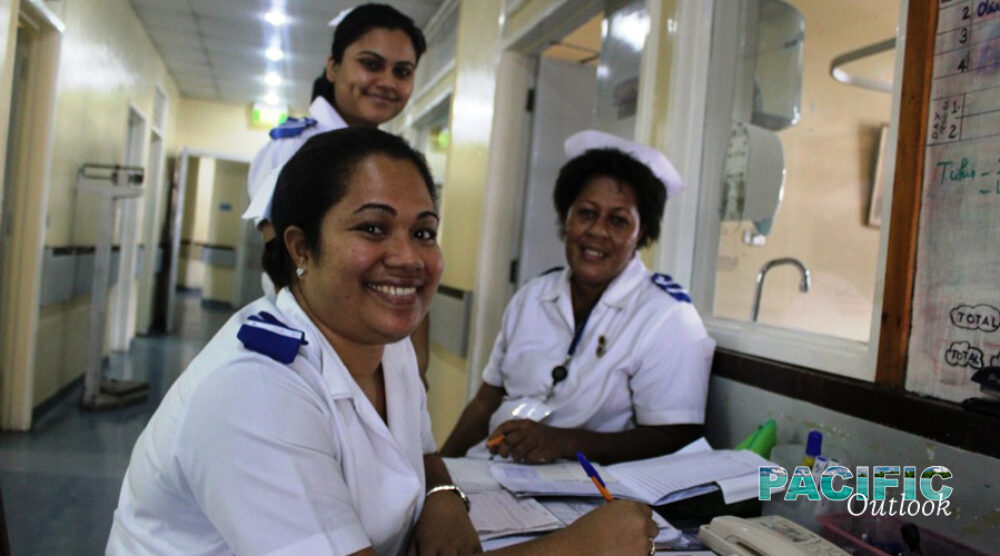Literature has established that finance matters for a country’s economic growth; does it matter for health as well? Studies investigating this question are emerging—this study takes a fresh look at the nexus in the case of PICs, with Fiji as a case study. For the PICs, particularly, this question is timely, important and intriguing, underpinned especially by two key motives—United Nation’s (UN) Sustainable Development Goals (SDGs) and the rising national budget allocations to the public health sector.
UN’s SDG # 3—good health and well-being—sets various ambitious targets including substantial reductions to mortality rates, an end to preventable deaths of newborns and epidemics such as AIDS, tuberculosis and malaria, and substantial reductions to premature mortality from non-communicable diseases by 2030. While achievable, these targets are likely to require sustained and increased investments at national level, and continuous support from the entire global community, in light especially of constrained public budgets. Indeed, budget allocations to the health sector has anything but increased over the years, globally and otherwise, across both the developed and developing worlds, as high as 11 per cent of GDP
The effect of finance or financial development on health runs through income growth and poverty reduction channels. Increased incomes of households make them able to consume nutritious food, visit doctors when they get sick, insure against health and property catastrophes, send their children to school, and uplift their social prestige and dignity. Financial development affects life expectancy via better health. Easier access to finance leads to income generating opportunities for the lower-middle income class families. For those already having their own enterprises, finance provides additional avenue to expand their entrepreneur skills. Higher income level advances the human potential towards nutritious food, rewarding education and better health. Higher level of income resulting from country-level effects of financial development on health go through credit, savings, and insurance channels as these can greatly help financing health care and help in smoothing income in the face of health shocks. The results of our study show that finance does matter for health in the case of Fiji and possibly rest of the PICs. Policy implications are discussed.
Krishal Prasad and Shelvin Karan (Reserve Bank of Fiji), Dr Nirodha Jayawardena (Department of Accounting finance and Economics,Griffith University, Dr Samsul Alam (De Montfort University, Leicester) and Griffith Asia Institute member, Dr Parmendra Sharma.
This joint Reserve Bank of Fiji-Griffith University working paper is part of an ongoing extensive research capacity building program led by Griffith University for the South Pacific central banks. The views and opinions expressed in this study are those of the authors and do not reflect those of the Reserve Bank of Fiji or its Board.
Please click here to read the full working paper, “Does finance matter for health in the PICs? A case study of Fiji”.








